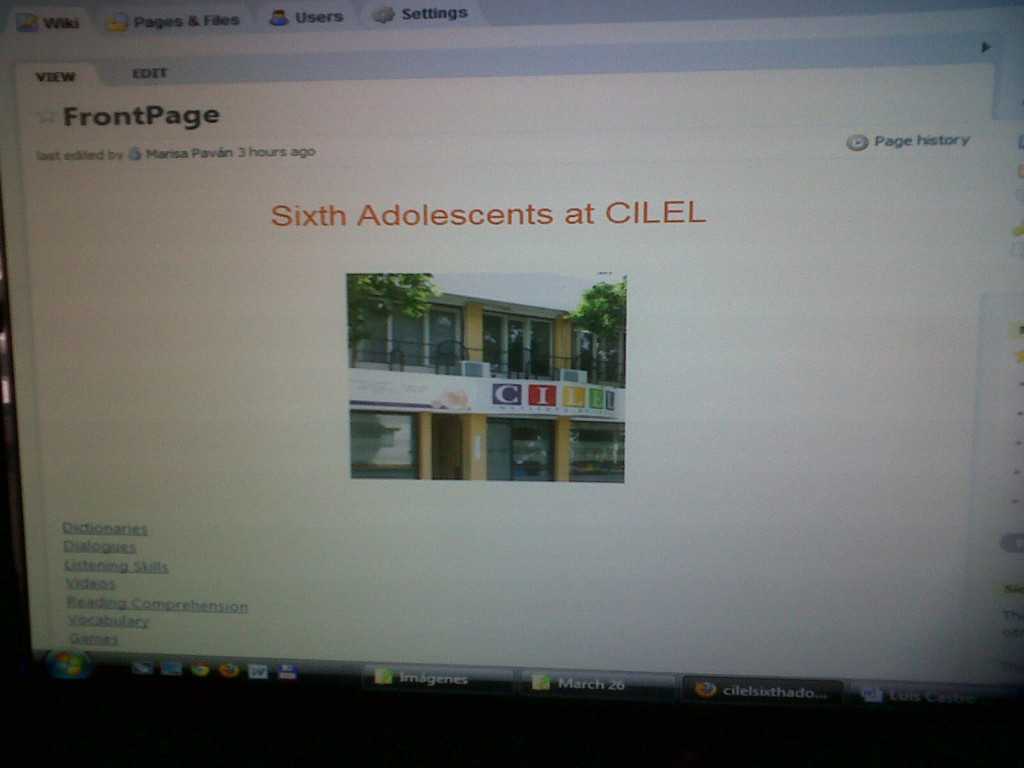Reaching Challenging Learners
– Alexandra Chistyakova
To many teachers the most challenging learners are those who take an English course only because someone else wants them to learn the language. These people could be employees whose boss insists on their professional development; or these could be children and teenagers who are forced by their parents. In both cases, the learners can clearly understand the benefits of learning English but as long as they don’t need it today, they lack the necessary persistence and determination. In such a situation a good way to grasp the learners’ attention and whet their appetite for learning is to make lessons more engaging and fun.
However, the learning situation might be much more complicated than this if an unmotivated learner has some special needs.
Some time ago I had to teach a 15-year-old boy who has an absent-mindedness problem. During a lesson, the boy used to suddenly switch off and withdraw into himself, completely losing the track of the lesson and not noticing what was happening around him. Even more so, the boy was aware of his problem but he didn’t seem to even try to make the slightest attempt to collect himself and focus on the task.
As it was the first time I had to deal with such a specific learning situation, I had to accumulate the whole arsenal of teaching techniques I knew. Through try and error, I singled out the types of activities that can work well for absent-minded learners. The activities fall into three categories.
First, there are activities and games designed for kinesthetic learners, where a student has to do something instead of just listening, reading or doing exercises in a worksheet. These activities may range from board games, tasks with vocabulary or phrase cards (such as sorting out cards or placing them in order) to total physical response activities (such as miming, acting, or moving around).
Second, computer games can be a great help: successful completion of a game requires concentration and some physical response (such as eye-hand coordination). Computer games can be easily exploited for teaching and practicing grammar, vocabulary or phonetics.
Third, when it comes to the speaking practice, be prepared to discover that your absent-minded learner forgets everything you taught and practiced before and slips to his or her “favourite” mistakes. If this is the case, a teacher (or other students) can register mistakes the learner makes. This activity can be turned into a sort of a game: Hangman, for example. In the case with my student, we imagined that he was playing a computer game where he had to go through a number of levels to win. However, if he made a particular number of mistakes, he automatically was placed onto a lower level. My student liked this activity because the idea of game levels resonated with his computer games addiction. This game helped him to focus and successfully complete a task.
All in all, if you happen to teach learners with the problems of attention concentration, you can raise their alertness and help them strengthen their memory by letting them learn though doing and moving and through using real-life objects. Furthermore, you can increase the effectiveness of lessons by decreasing the length of activities, making tasks more manageable, easier to focus on and more dynamic for the learners. ~ Alexandra












